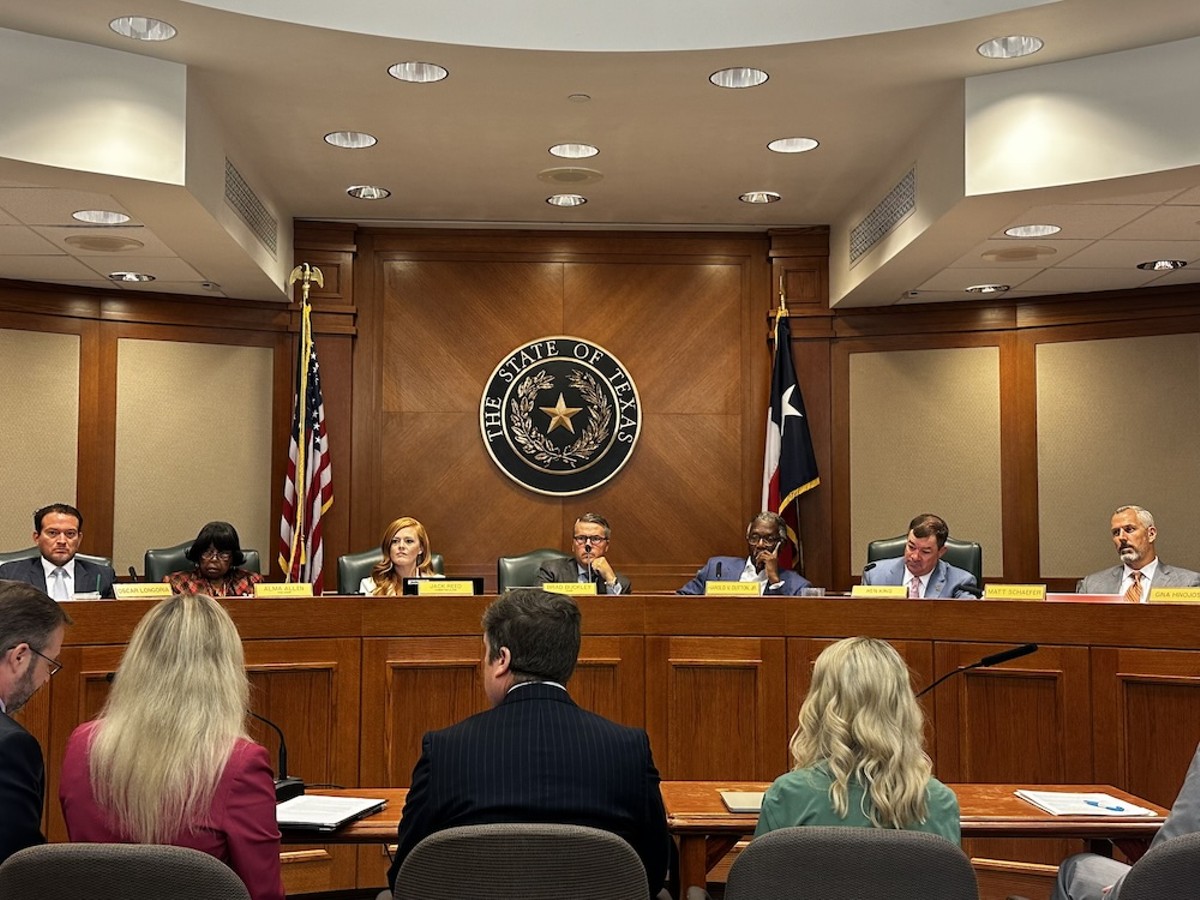The Texas House Committee on Public Education recently met to discuss the benefits of school vouchers, but the meeting took a controversial turn when Texas Education Commissioner Mike Morath revealed that a new law provides public school teachers with immunity from prosecution for violating the First Amendment clause of the U.S. Constitution, which calls for the separation of church and state. This revelation raised concerns about the potential impact on the curriculum in Texas public schools.
During the hearing, State Rep. James Talarico, an Austin-area Democrat, questioned Morath about the new educational materials revised under House Bill 1605. This bill, passed by the Republican-controlled Texas Legislature, aimed to provide teachers with state-approved lesson plans and make them available to parents through an online portal. However, critics argue that the bill has been used to insert Christian-centric lessons into the approved curriculum.
One specific example cited by Talarico was the removal of sections on other religions, such as Buddhism, Hinduism, Judaism, and all mentions of the Islamic prophet Muhammad, from an elementary school reading curriculum purchased by Texas. These omitted materials were replaced with stories from the Bible, raising concerns about the promotion of a specific religious perspective in public schools.
Morath confirmed Talarico’s assertions during his testimony, but he maintained that the timing of the new lesson plans’ release was coincidental, despite coinciding with the Texas Republican Party passing a platform calling for instruction on the Bible. Talarico pressed Morath on whether the new curriculum could lead to violations of the Establishment Clause of the U.S. Constitution, which prohibits the government from establishing a religion. Morath seemed unsure how to respond to this line of questioning.
If the Texas State Board of Education approves the new curriculum, schools that adopt it will receive additional state funding. This raises concerns about the potential consequences of implementing a theocratic curriculum in public schools, especially in a state like Texas, which already ranks low in terms of per-pupil spending on education.
Talarico also raised concerns about how equipped Texas teachers are to handle sensitive theological questions from students, such as those related to the resurrection of Jesus Christ or the Sermon on the Mount, which are included in the new curriculum. He emphasized the importance of approaching religious topics with care and sensitivity, given their significance in many students’ lives.
Despite these concerns, Republican state Rep. Matt Schaefer expressed support for the proposed lesson plans, arguing that Christianity played a significant role in shaping the country’s founding beliefs and Western civilization. He defended the inclusion of Christian-centric content in the curriculum, highlighting the importance of acknowledging the role of Christianity in American history.
The debate surrounding the new curriculum highlights the complex intersection of education, religion, and government in Texas public schools. As the state grapples with these issues, it is essential to consider the implications of promoting a specific religious perspective in the classroom and ensure that educational materials respect the diverse beliefs and backgrounds of all students.


